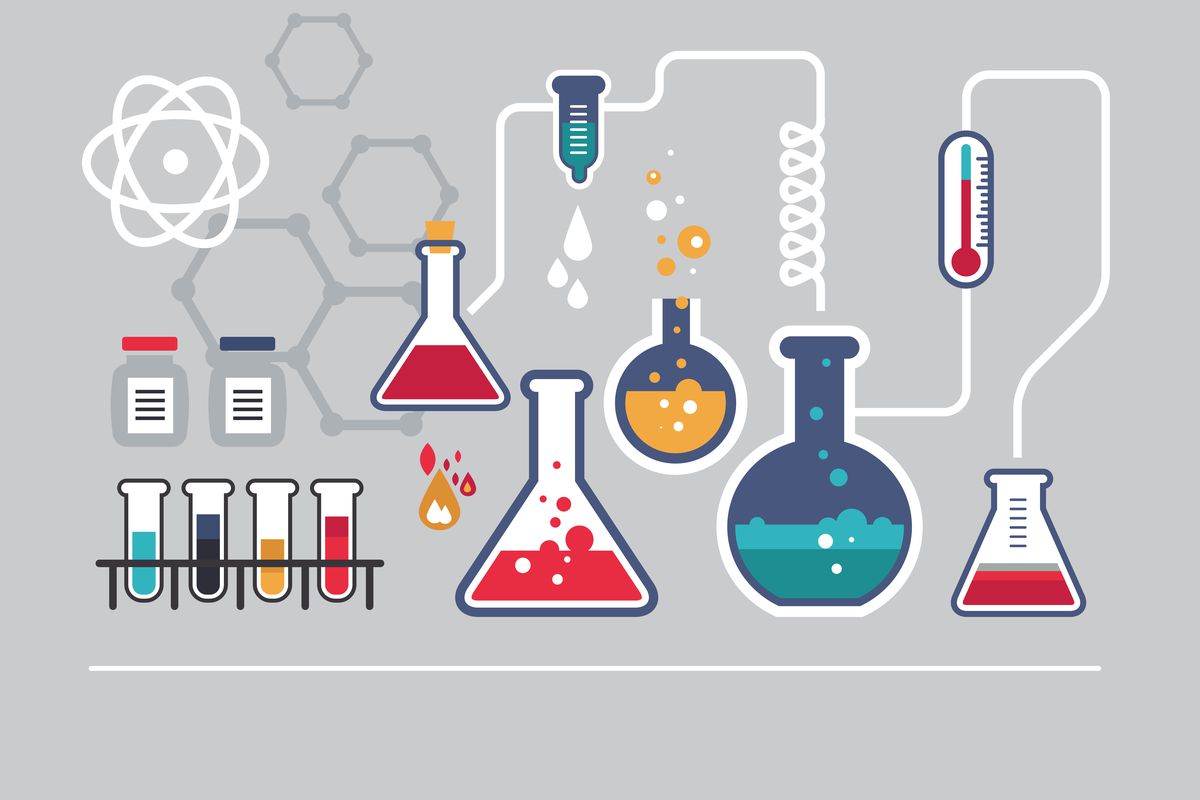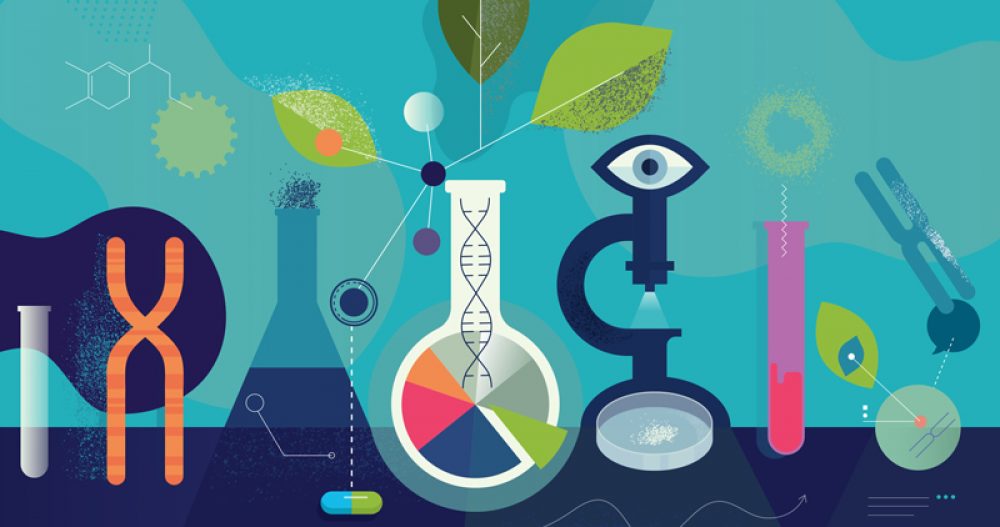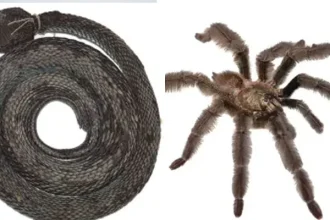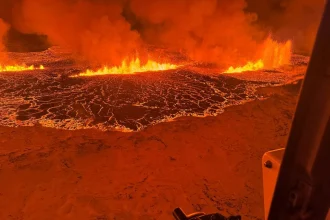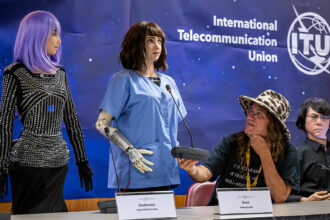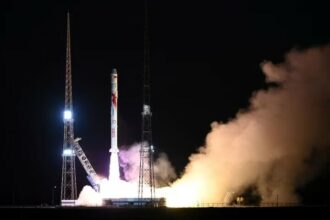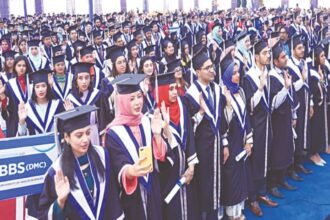China’s youngest astronauts take off for the International Space Station.
Beijing has poured billions of dollars into its space program in an attempt to catch up to the US and Russia.
The mysterious Viper and the recently found “Satan” tarantula will haunt your dreams, according to this nightmare.
Discovered during the quest for new tree spider species in 2021, these creatures are now haunting the scientific world
A volcano in Iceland erupts on the Reykjanes peninsula.
After weeks of intense earthquake activity, a volcano erupted on Iceland's Reykjanes peninsula in south-west Iceland. Last month, approximately 4,000 people were evacuated from Grindavik, a fishing town about 4…
A study discovered that snacks can have more calories than a whole meal for lots of adults in the US.
Snacks should be planned just as meals are, experts say: Make ‘more insightful choices
Artificial intelligence can run world ‘better than humans’
AI robot ‘Desdemona’, healthcare robot ‘Grace’, SingularityNET CEO Ben Goertzel and tele-operated android ‘Geminoid HI-2’ attend what was dubbed the world’s first press conference with a panel of AI-enabled robots
Chinese firm’s methane-powered rocket sends satellites into orbit
The Zhuque-2 Y-3 carrier rocket, a methane-liquid oxygen rocket by Chinese company LandSpace, carrying satellites takes off from the Jiuquan Satellite Launch Center, in Gansu province, China
California energy officials vote to extend Diablo Canyon nuclear plant operations
Pacific Gas & Electric’s Diablo Canyon Power Plant is the only operating nuclear plant in California. Gov. Gavin Newsom supports keeping the plant along the coast near San Luis Obispo…
Degrees awarded to over 2,100 students at DUHS convocation
Over 2,000 students received their degrees at the 13th convocation of Dow University of Health Sciences (DUHS) held on Thursday at the Ojha campus cricket stadium.

